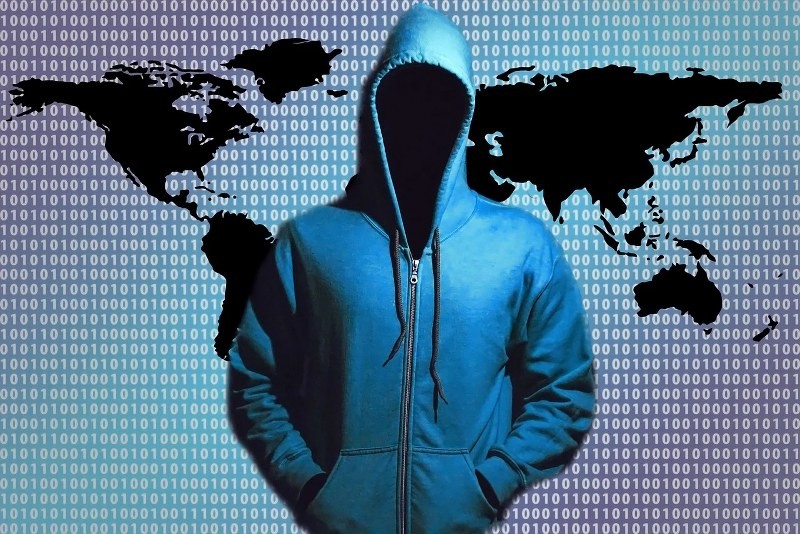According to reports, there exist networks of mostly autonomous hacker groups working on contracts for Chinese government espionage.
These organizations’ main priorities are telecommunications networks.
The recent cyberattack on Microsoft software systems is one instance that has gained attention.
The business claimed that the Chinese hacker collective “Volt Typhoon” had introduced harmful malware known as a “web shell” into the software platforms that allowed for remote access to servers.
To make the infiltration tougher to trace, the operation was carried out with tremendous stealth, sometimes passing via home routers and other popular internet-connected consumer devices.
Microsoft also said that this was a component of a Chinese effort that was supported by the government and targeted not just vital utilities like those for communications, electricity, and gas, but also transportation and marine activities.
Officials from the US Administration also reaffirmed that the code was a component of a massive Chinese intelligence gathering operation that encompasses internet, outer space, and, as Americans learned with the balloon incident, the lower atmosphere.
Guam was also alarmed by the code.
Due to the frequent usage of commercial networks for military communications, China places a special emphasis on the Guam system.
Guam would serve as the focal point of any American military reaction to an invasion or blockade of Taiwan thanks to its Pacific ports and sizable American air base.
In a related incident, the US Secret Service disclosed in December 2022 that APT41, a well-known Chinese intelligence asset with a Chengdu hacking base, had stolen at least $20 million in US COVID relief benefits, including SBA loans and unemployment insurance funds in more than a dozen states.
The main goal of APT41’s state-directed activities was thought to be gathering data and personally identifiable information on Americans, their organizations, and enterprises so that China could utilize it for espionage.
Even in the most egregious instance of all: the theft of security clearance information for around 22 million Americans 2 — including six million sets of fingerprints — from the Office of Personnel Management under the Obama administration, China has never admitted hacking into American networks.
Additionally, Chinese companies operating abroad are well recognized for maximizing business interests as well as advancing the politico-strategic goals of the Chinese government. In this aspect, Huawei is a Chinese company that has come under scrutiny on a global scale.
It is believed that the Communist Party of China (CPC) gained access to those nations’ computer systems via the usage of Huawei cloud services in more than 40 nations.
The use of Huawei 5G equipment is reportedly prohibited in a number of European nations, including Italy, France, Finland, Sweden, and Denmark. These nations have also requested that their telecom companies remove any Huawei equipment that is already present in their infrastructure.
Several nations in Eastern Europe, such as Slovenia, Poland, Czechia, Romania, Estonia, Latvia, Slovakia, and Bulgaria, have said that they do not intend to allow Huawei access to their 5G markets.
To bar unreliable suppliers, Poland and Romania have already taken legal action.
Due to possible security issues, contracts with other Chinese firms like Hikvision and Dahua are also being scrutinized in Europe.
These firms’ cameras, according to the allegations, were allegedly used to spy on Dutch government facilities.
It is well known that Beijing engages in cyberespionage to gather critical technological data to aid in the modernisation of its armed forces.
Before giving the go-ahead, Chinese investment in local firms active in strategic sectors such as aerospace, semiconductors, sensors, communications, navigation, robotics, and artificial intelligence (AI) must be closely examined in order to prevent unauthorized access to classified information or defense systems.

Leave a Reply